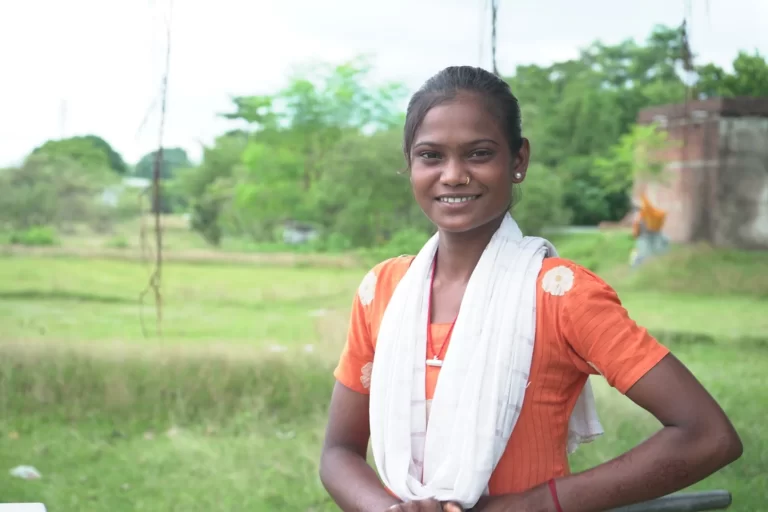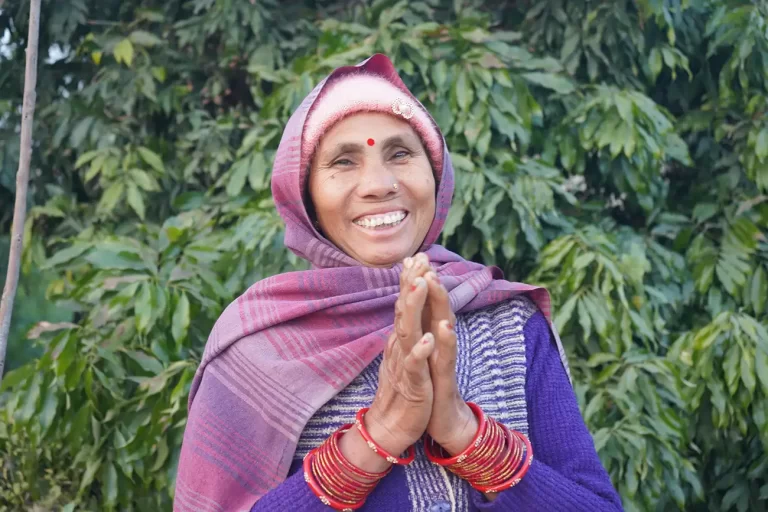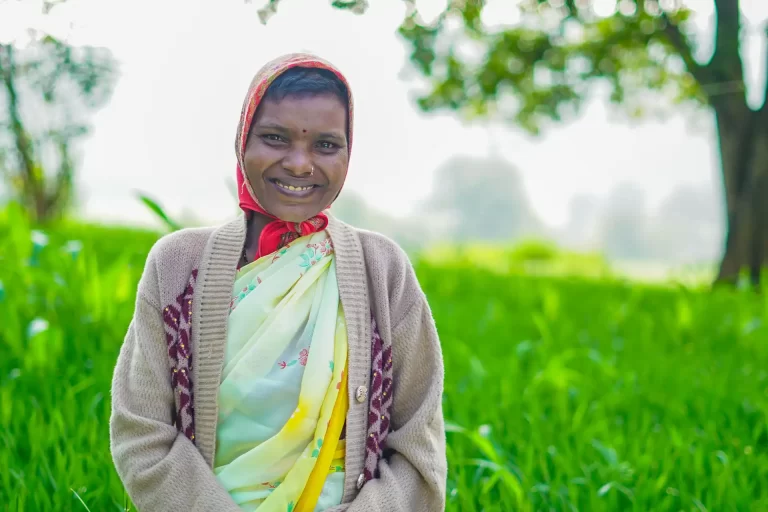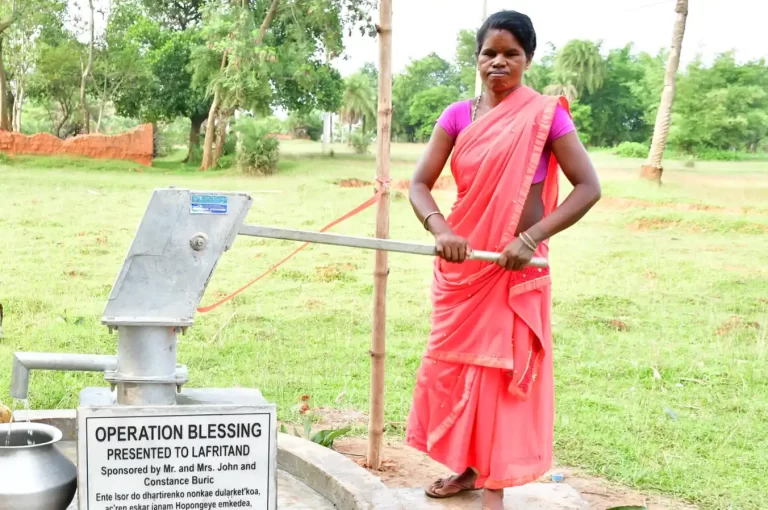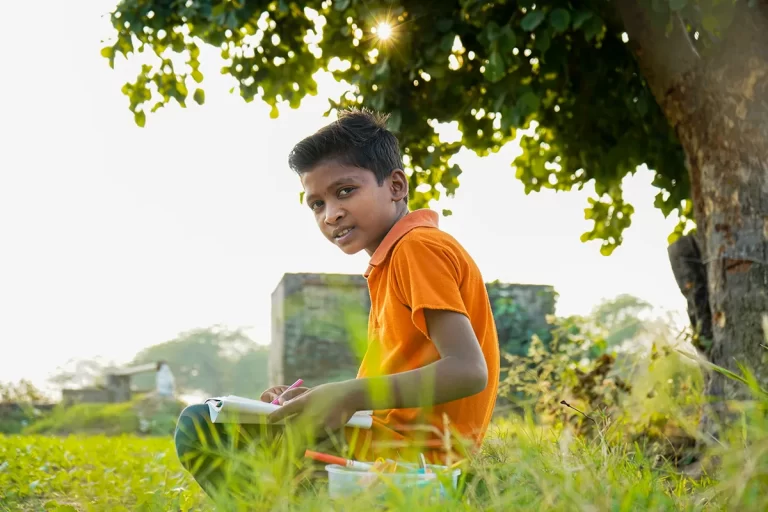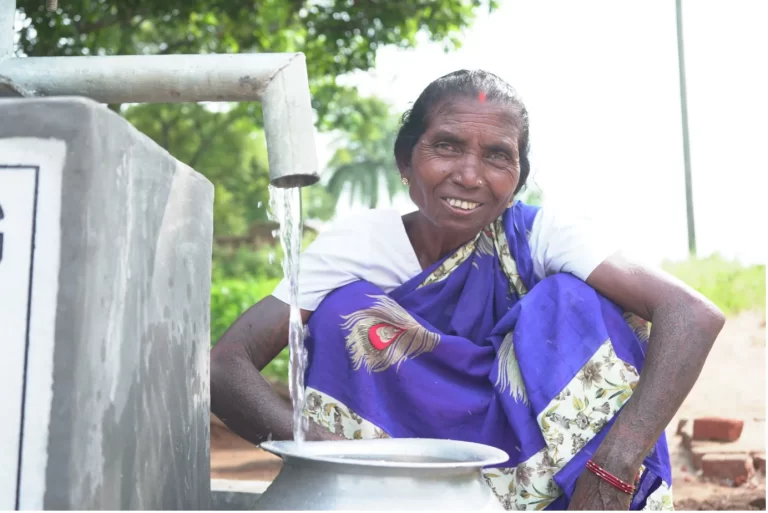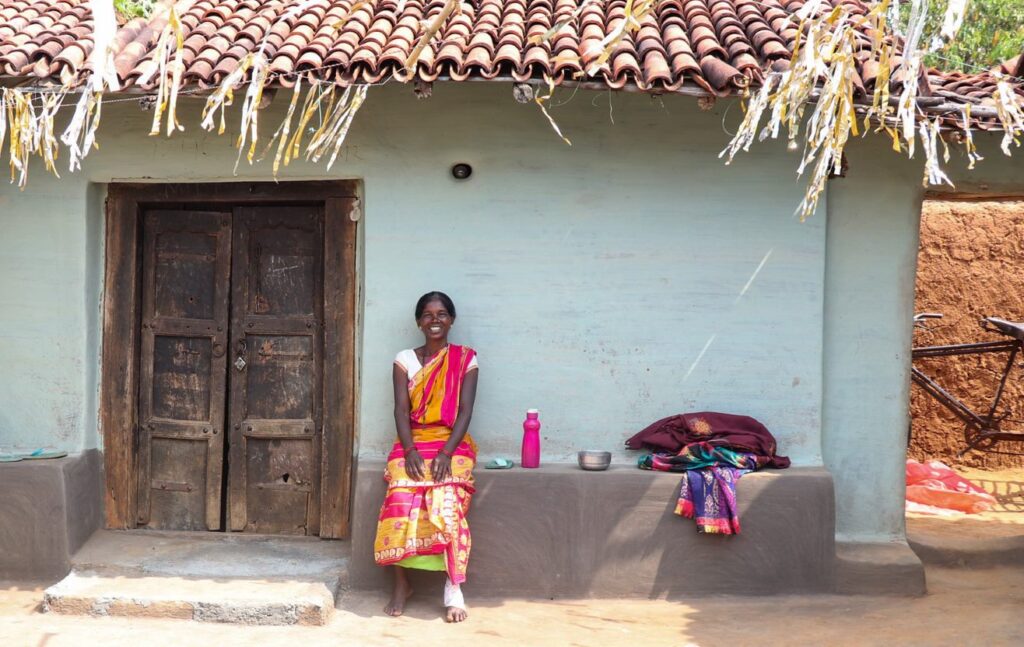A destructive tropical cyclone, YAAS, tore through Eastern India in late May and impacted West Bengal severely. The damage from the cyclone was minimised by the large scale evacuations by the Indian Government. However, in the ecologically fragile zone of the Sunderbans in West Bengal, families chose to take shelter in make shift homes of tarpaulin sheets. On the roughly five square kilometre island of Ghoramara, the cyclone flattened out house hold material, destroyed the fields, contaminated the water and damaged the fishing boats of the families who inhabit it. Many families on Ghoramara Island lost their livelihood and had literally nothing to eat in the aftermath of Cyclone YAAS.
Responding to this disaster a team from Operation Blessing India reached the location and identified 50 families that were dependent on fishing for their livelihood from Ghoramara Island and Mousuni Island. As an immediate relief the families were provided with ready to eat protein and nutrition kits that included – flattened rice, puffed rice, roasted gram flour, chickpeas, jaggery and biscuits. To combat the disease that contaminated water would surely bring, water filters that need no electricity to run were given to the families.
Even after disaster zones are forgotten by others, YOU continue to help with the long-term disaster recovery process. Providing microenterprise and small business support to help recover jobs and get families back on their feet. In the islands off the Sunderbans in West Bengal, the second phase of relief will involve rebuilding of the boats that are critical to a fisherman’s livelihood. Contribute to this rehabilitation and help families back on their feet again.





